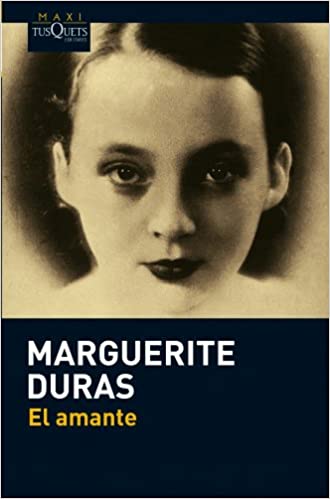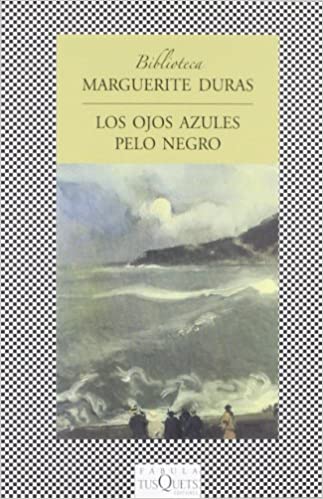Being a woman and a writer meant for Marguerite Duras an intense family and even existential conflict. Undoubtedly her youthful transition from one career to another, with incursions into the most committed political factions that even led her to the French Resistance against Nazism, denote an irreverent vitalism, in need of a channel of expression towards all emotional and ideological liberation.
The birth of the writer can thus be understood as another manifestation of her intense vital concerns. Because, in addition, one of her most recognized works: The Lover offers a retrospective towards controversial aspects of her own life, from the perspective of the change of names of the characters.
Marguerite Duras became a symbol of feminism without perhaps seeking an express claim. When Marguerite wrote naturally about taboos, about what was still forbidden for women of her time, she adopted that banner in favor of a liberated woman.
There is no better place than France, as an avant-garde country in 20th century cultural expressions such as surrealism or even experimentalism, for Marguerite Duras to give free rein to her creative vein, born from her family tensions, her natural contradictions and her marked vitalism. . Finally, the author agreed with the noveau roman, a current that, although it did not set very clear guidelines, welcomed any narrator who contributed heterodoxy and a break with the classical evolution of the novel.
Top 3 Recommended Novels by Marguerite Duras
The lover
There are novels that transcend more for their social significance than for their stricter literary consideration. I do not mean that this novel is not an interesting story for lovers of intense plots, or that it lacks literary value. What I'm going to is that finally the transformative reach that they achieve surpasses any other aspect.
And being this a wonderful novel that contains intensity and a suggestive narrative thread, to say that its social value is greater is to end up elevating it, in this case in the Olympus of feminism, together with Simone de Beauvoir, Virginia Woolf o Jane Austen, in addition to many others ...
We have all heard that the young girl protagonist of this story is an alter ego of Marguerite Duras. His approach to carnal love with an adult and wealthy man touched, and still borders on the consideration of instrumentalized sex in which the woman comes off badly (I mean minds incapable of considering women on an equal footing with men).
The discovery of this physical love, however, is liberating, experiential, open to the world and to the figure of women as a free being who does not need to remain under the tutelage of social morality.
The pain
Being a genius exposes the contradiction more directly. The lucidity of the great creators confronts them with the void, the abyss where the opposite poles coexist. Living is a contradiction since we breathe out of the womb, full of a life that is wearing out with each new inspiration.
In this novel, Marguerite Duras opens the channel to offer us a glimpse of her deepest tribulations about love and heartbreak that coexist in the same space. War is the ultimate expression of an enormous contradiction: killing for the love of ideals capable of twisting to the point of grotesque and absolutely immoral.
World War II is coming to an end. A woman awaits her husband's return from the Dachau death camp. You should love him and consider accompanying him on his time back to life. But she no longer loves him.
Furthermore, in the interim of the ominous war the woman contacted a Gestapo agent whom she hates and yet also loves. A fascinating thesis about the contradiction that surrounds us that, despite being hyperbolic, ceases to be dramatically real...
Blue eyes, black hair
Can a marriage become a covenant of vital convenience? Two strange lovers lie in front of the sea every night. The past is a nebula in which both shared something that they hardly remember anymore.
What the two characters want is not everything they love, or everything they can love ... Marguerite Duras probes the frustration of contained love, perhaps homosexuality. The containment and the feeling of disappointment becomes the repeated sound of the waves that cradle impossible lovers.
And in the end the love of this story is a payment for trying to avoid loneliness. When there is really nothing that can deal with the existential debt with the moment, with the present, with the feelings that lead you in that fatal destiny towards death.



